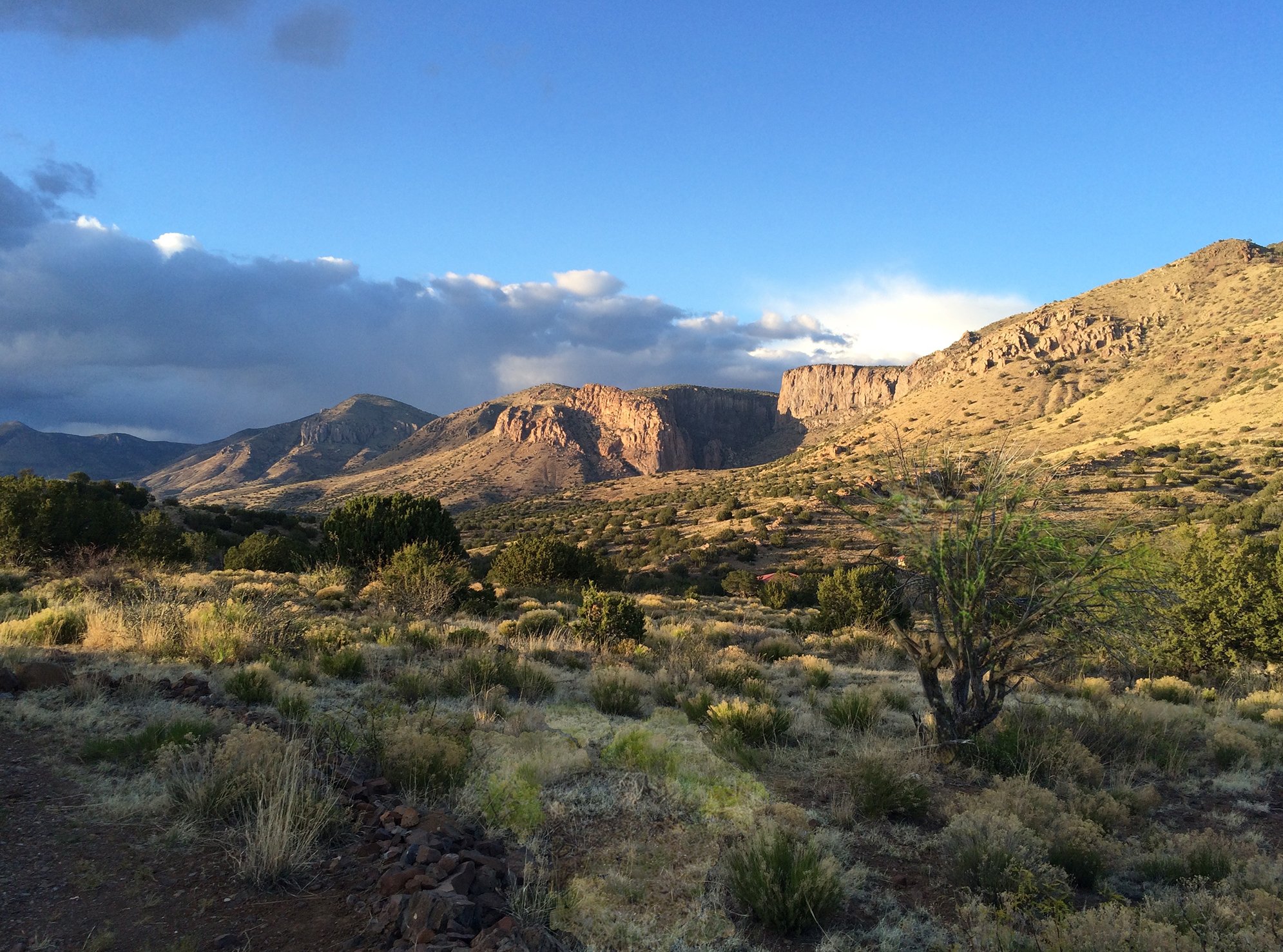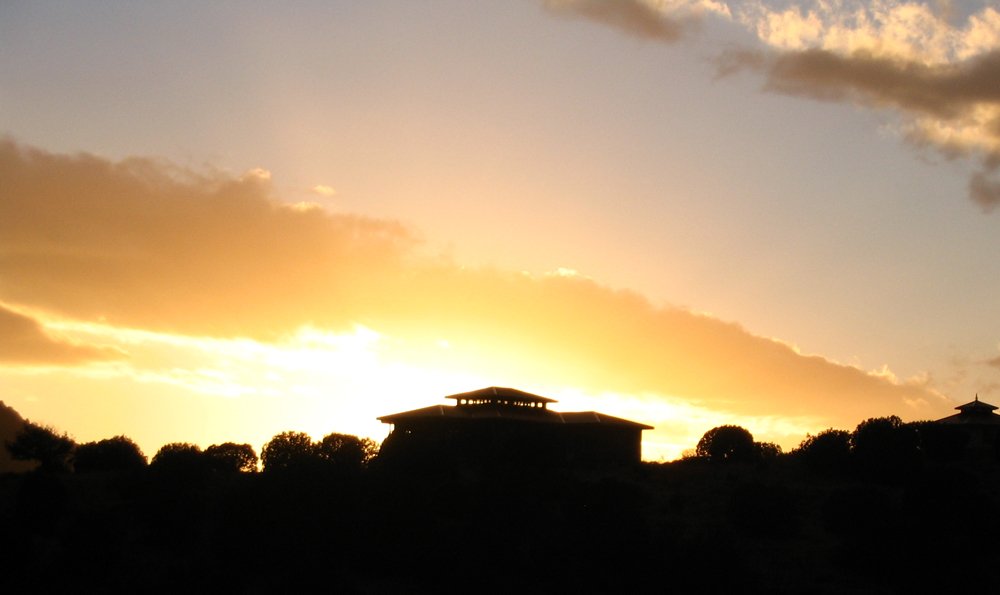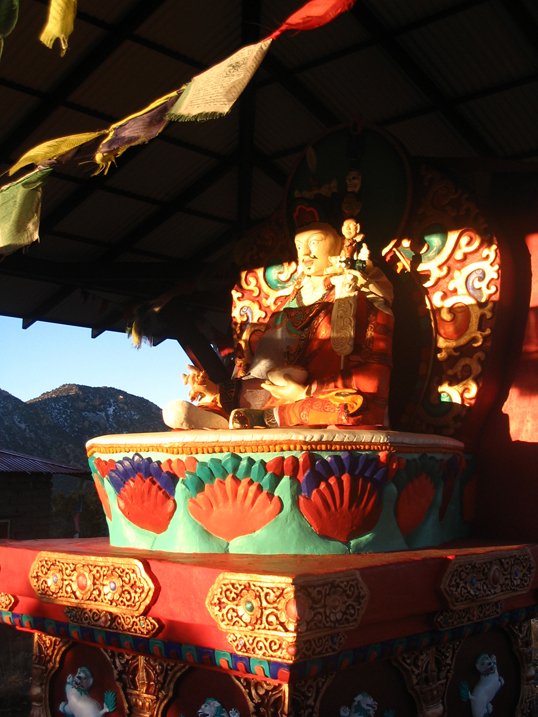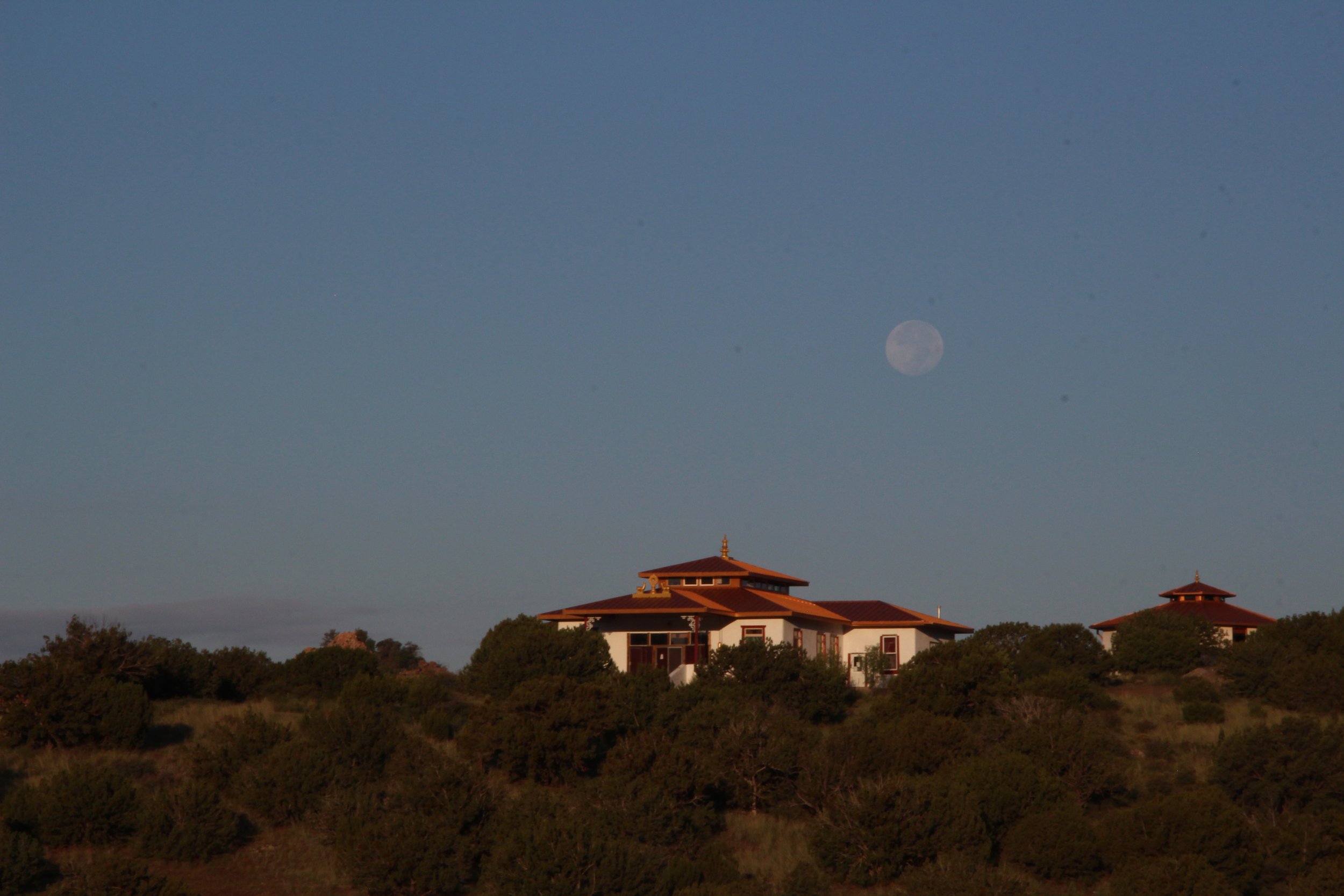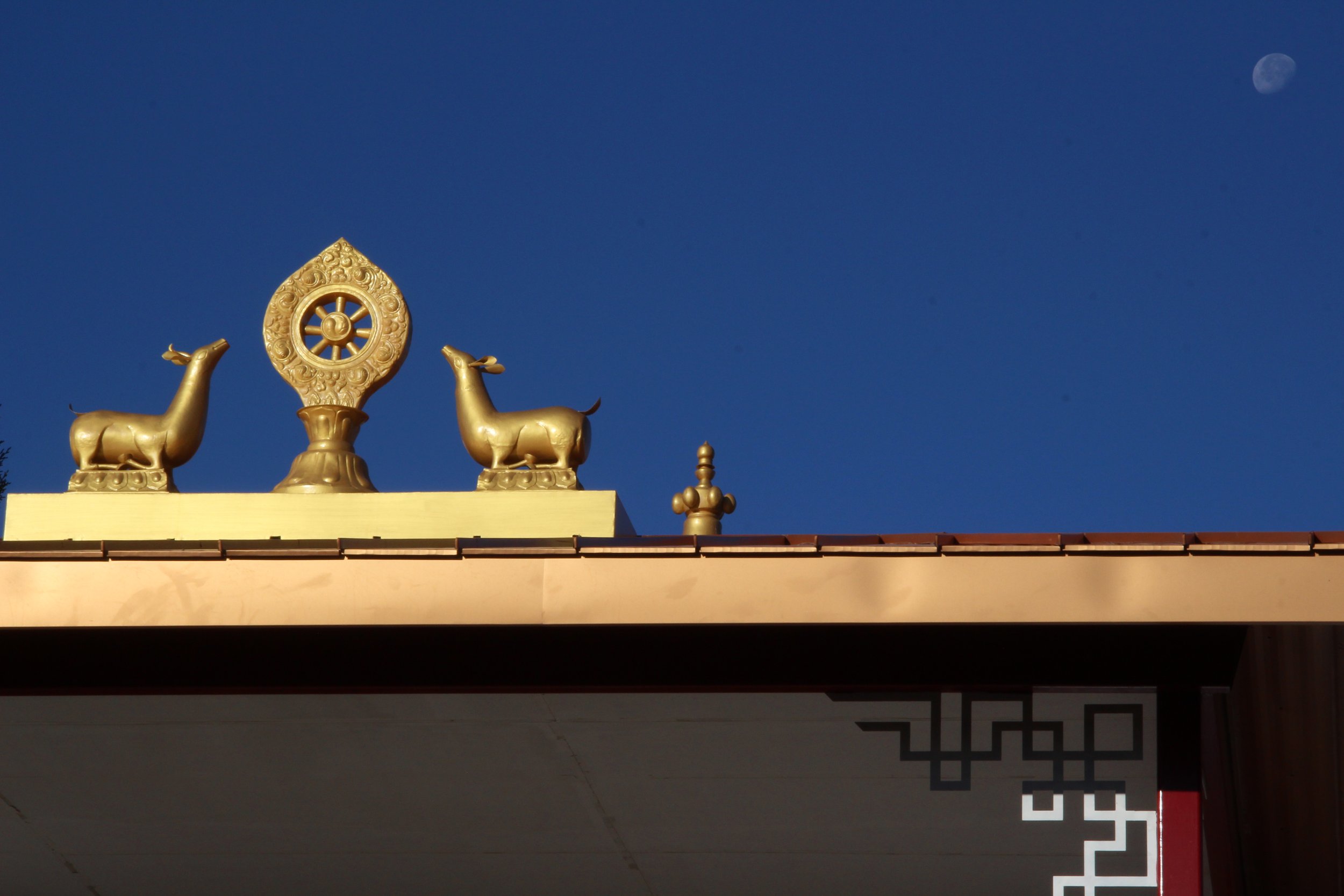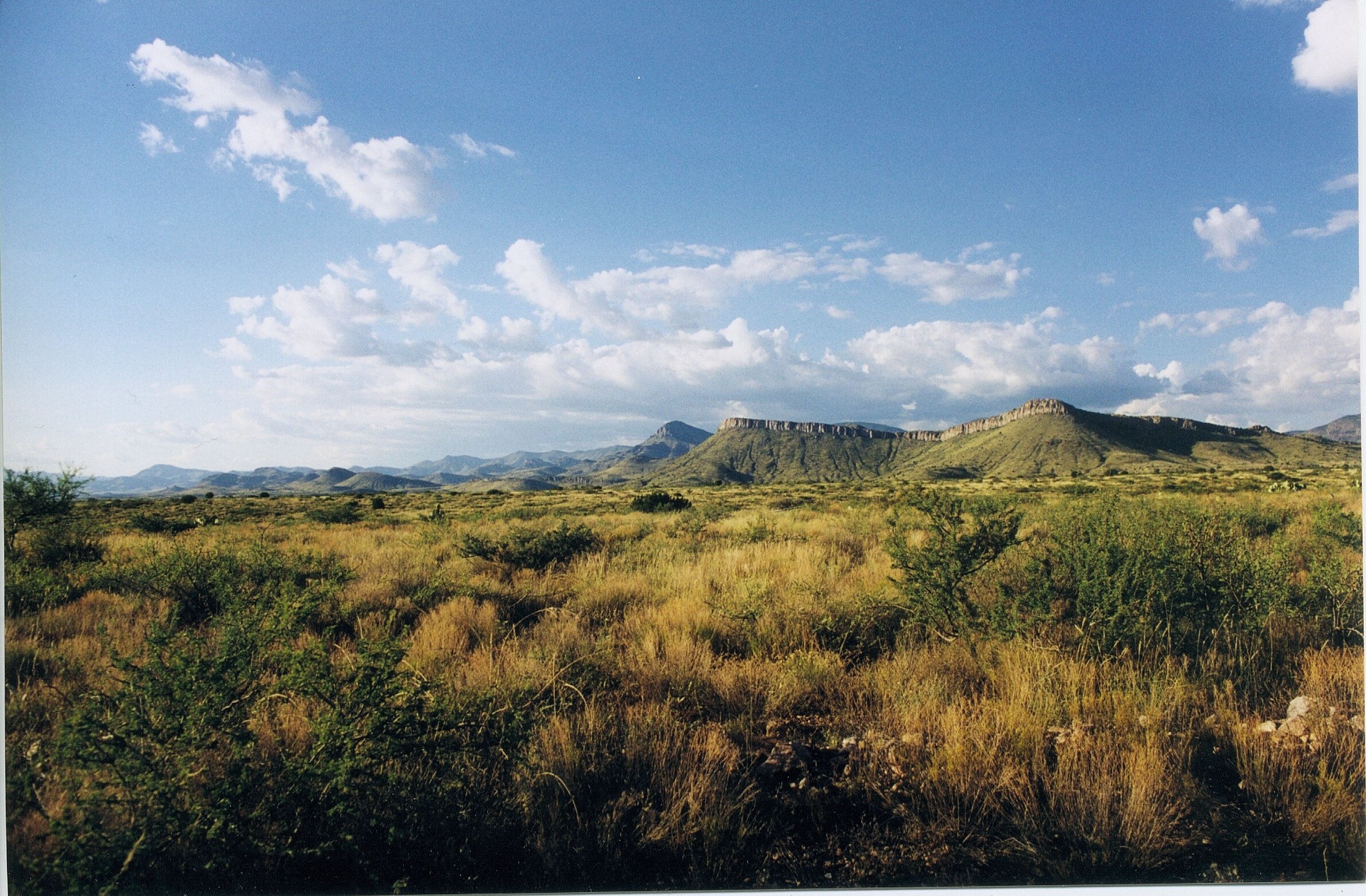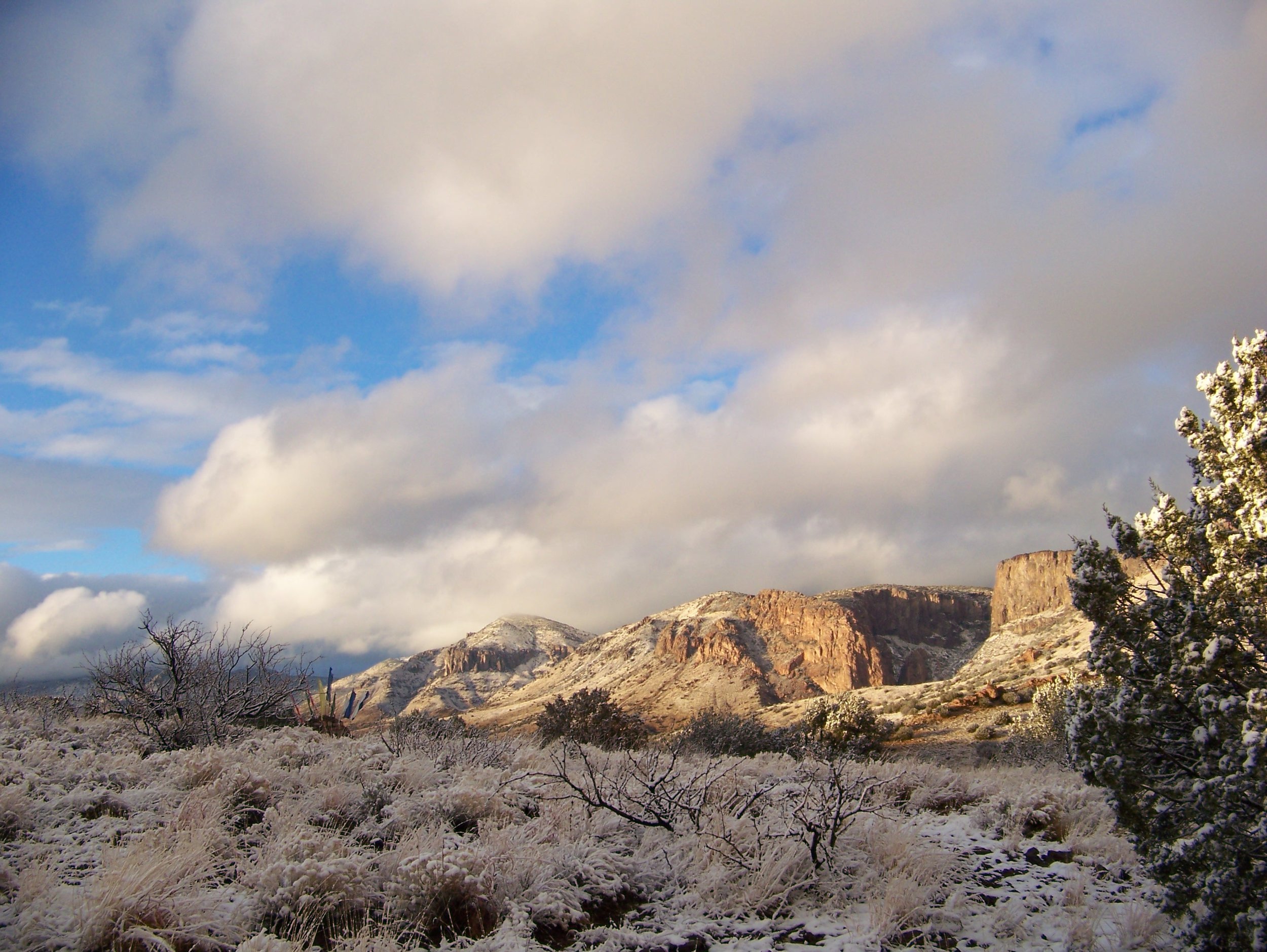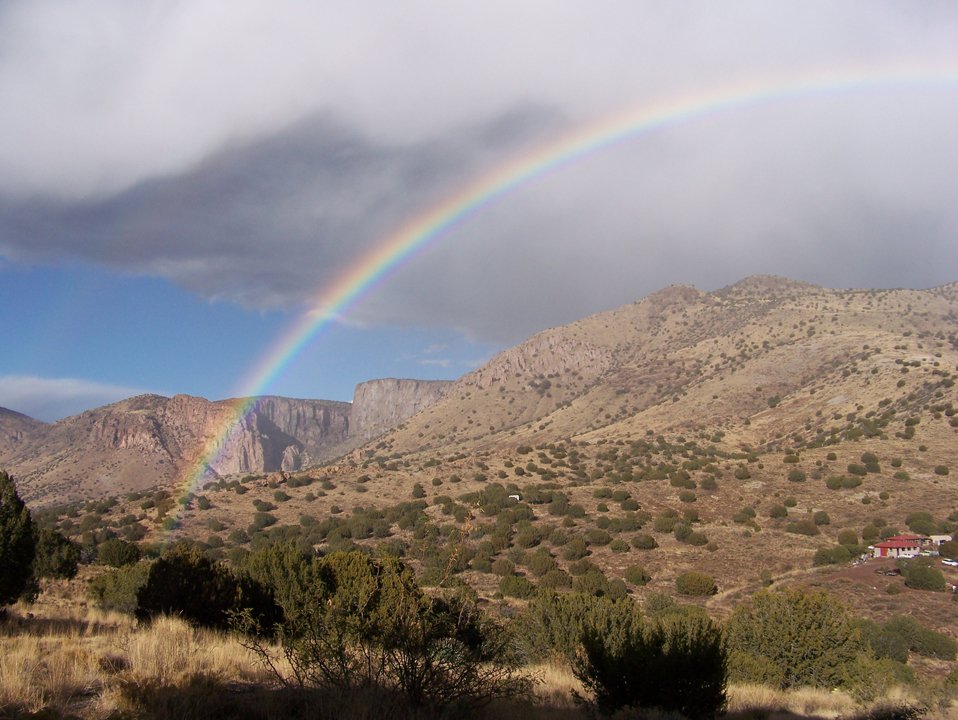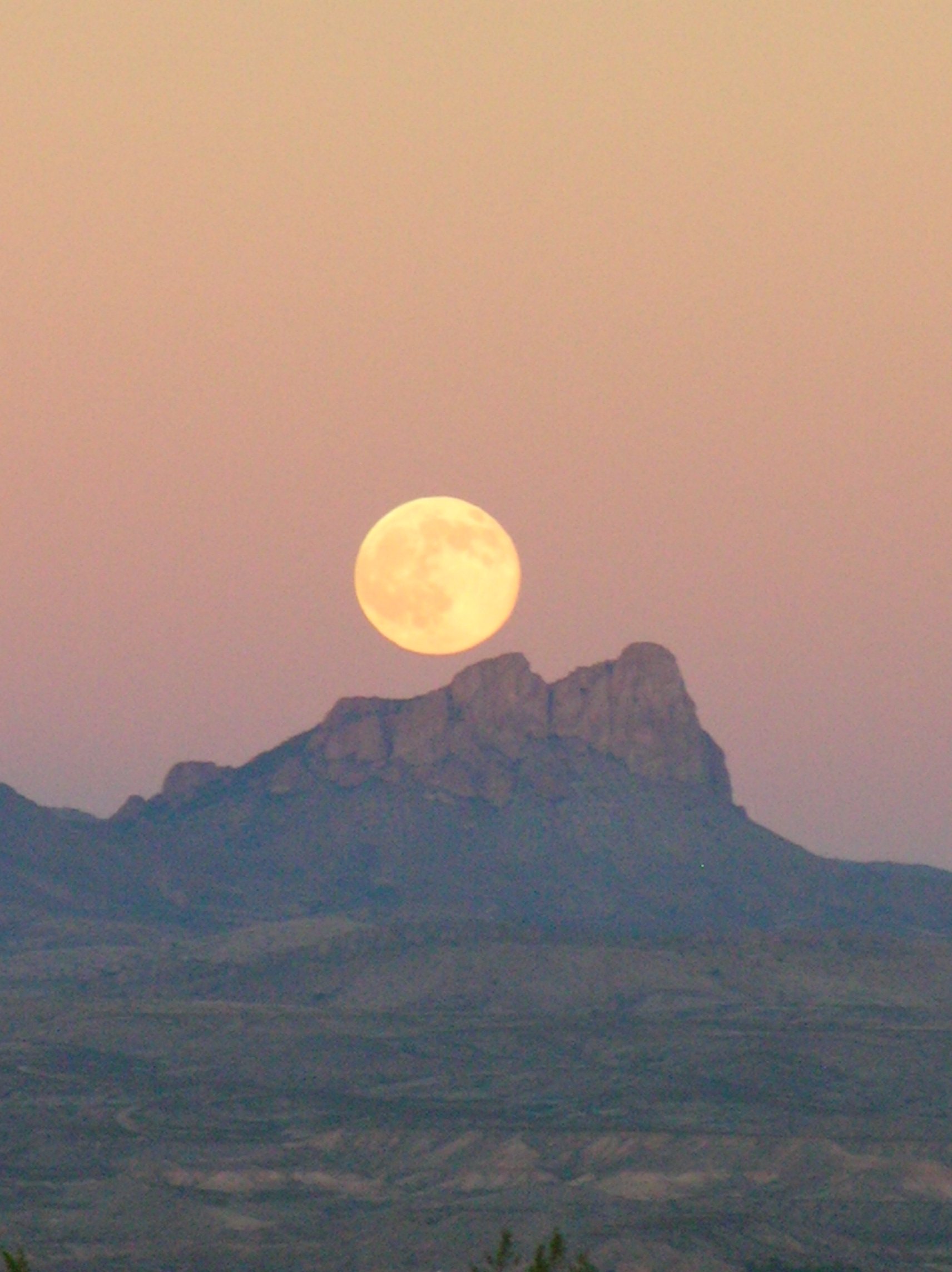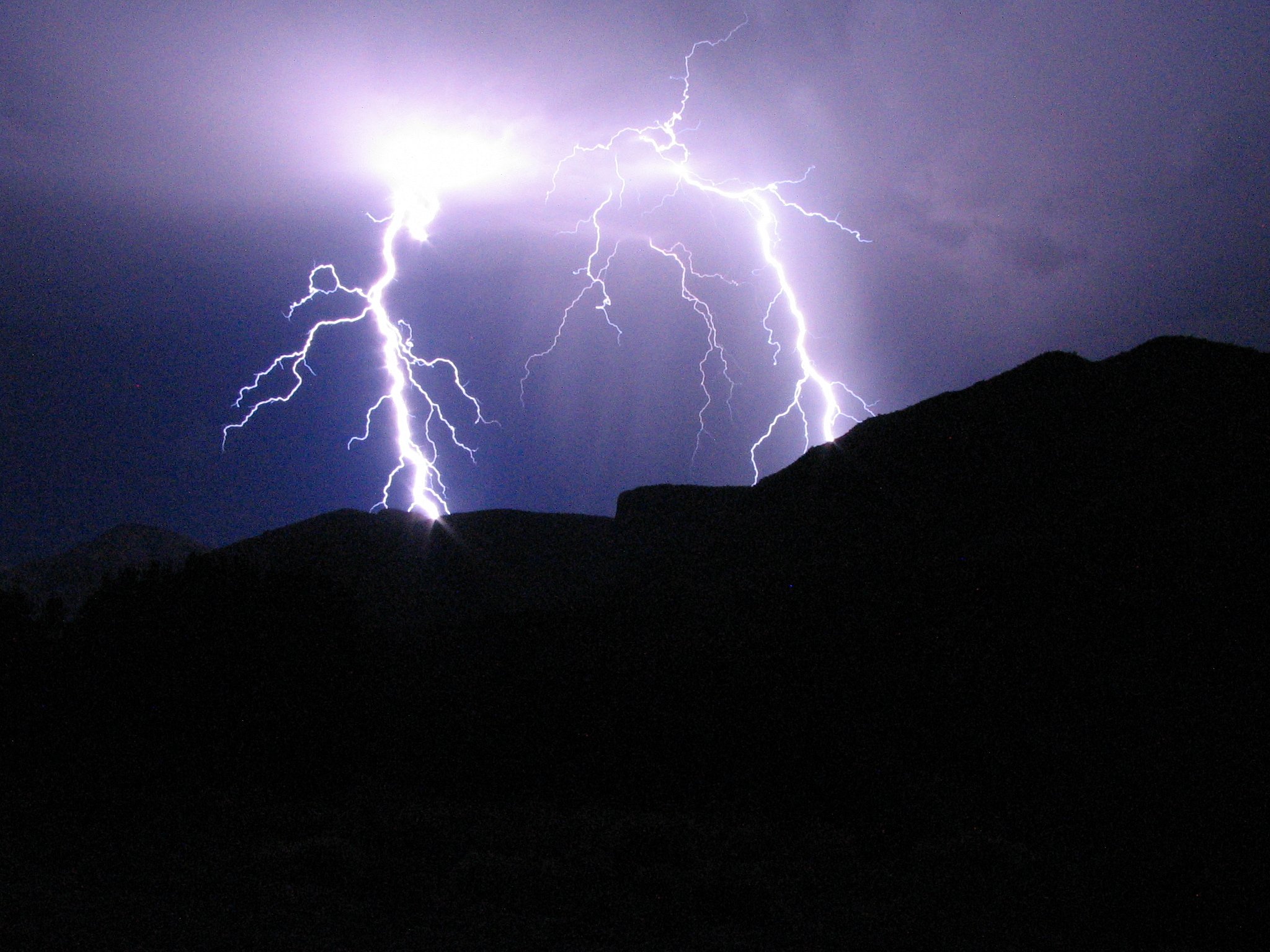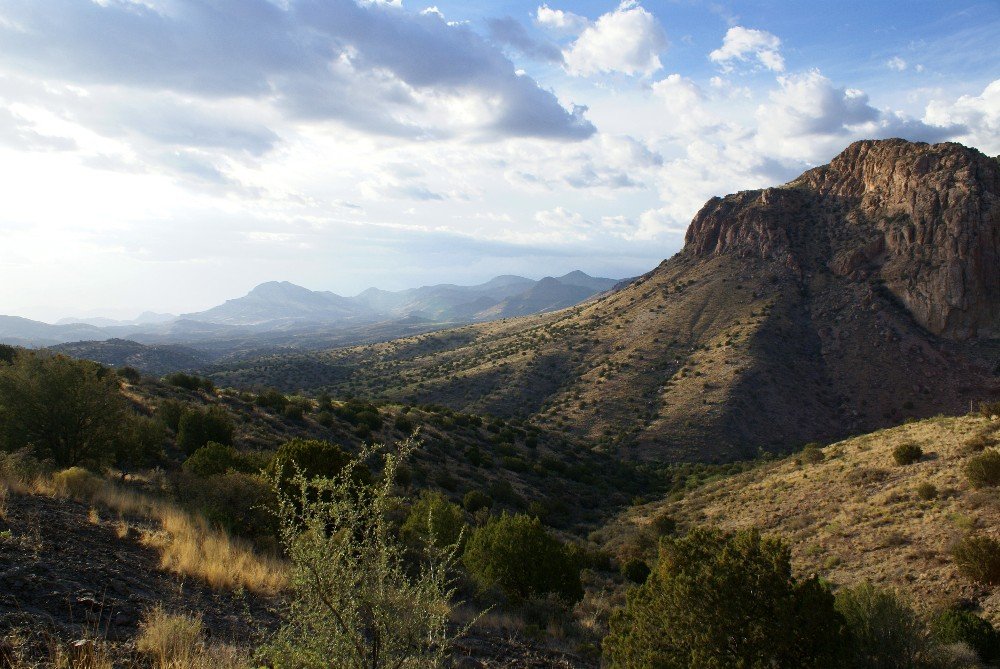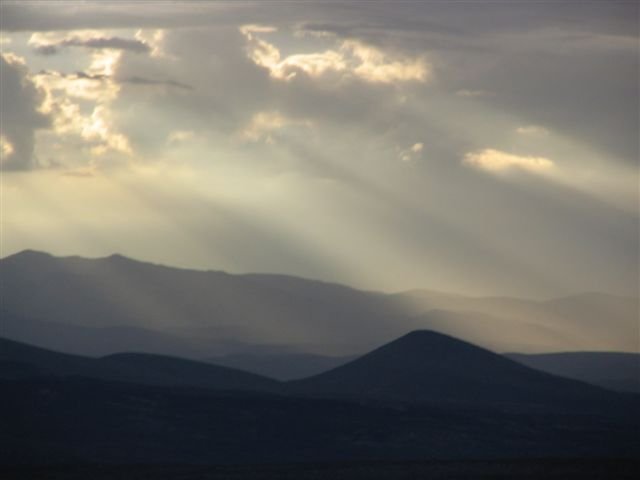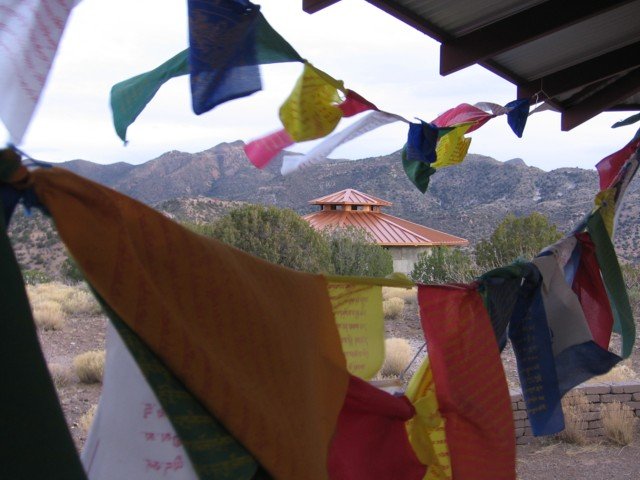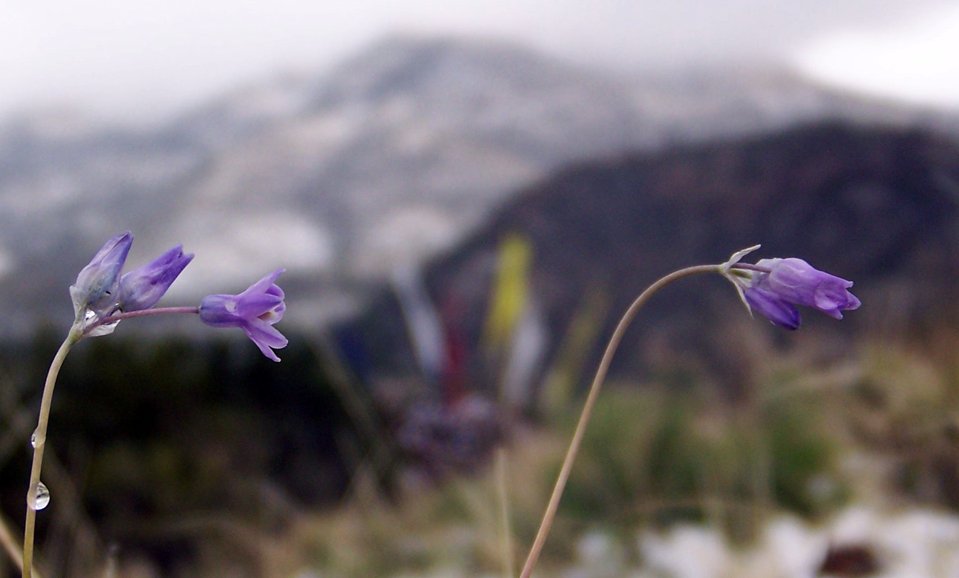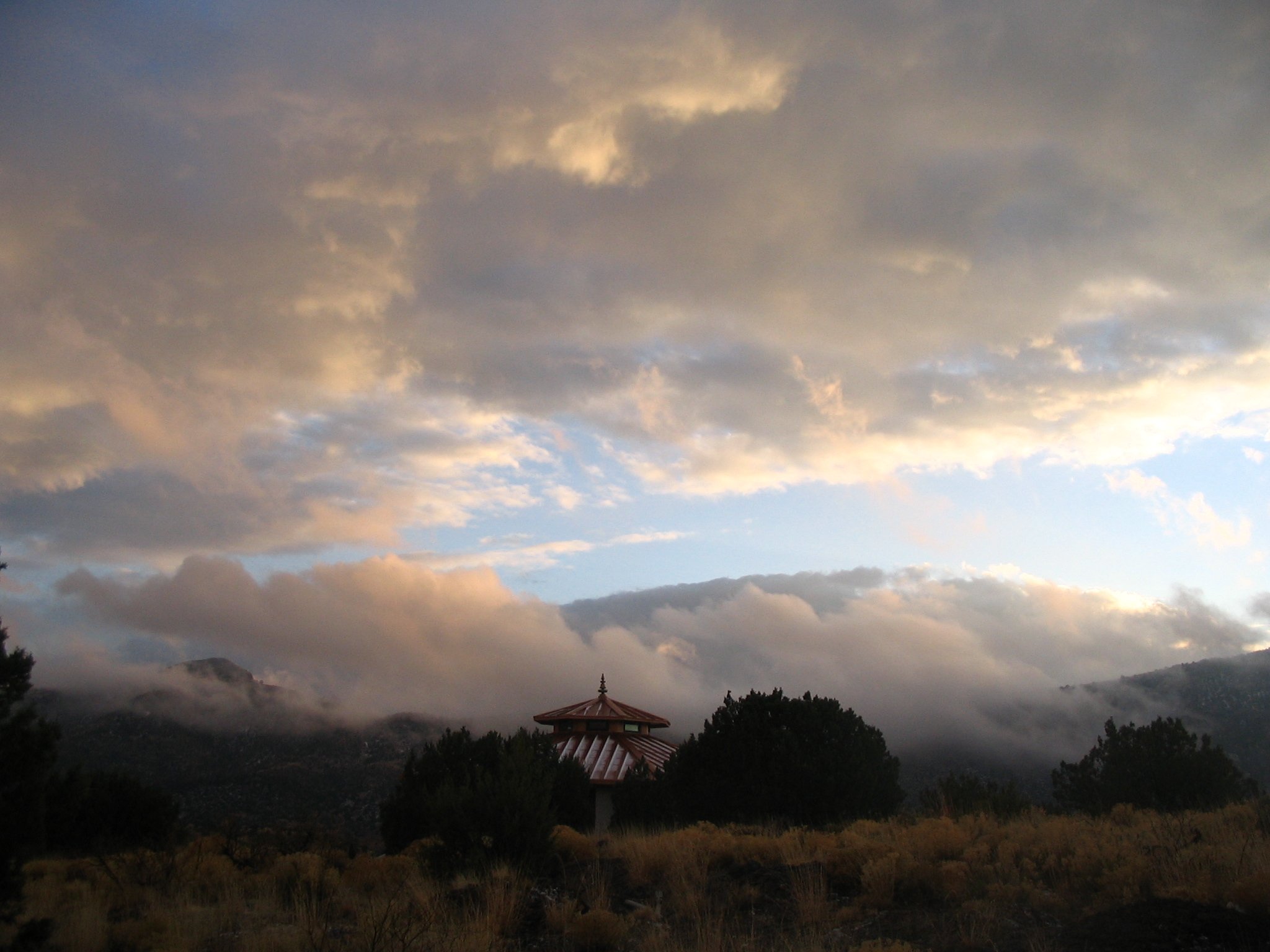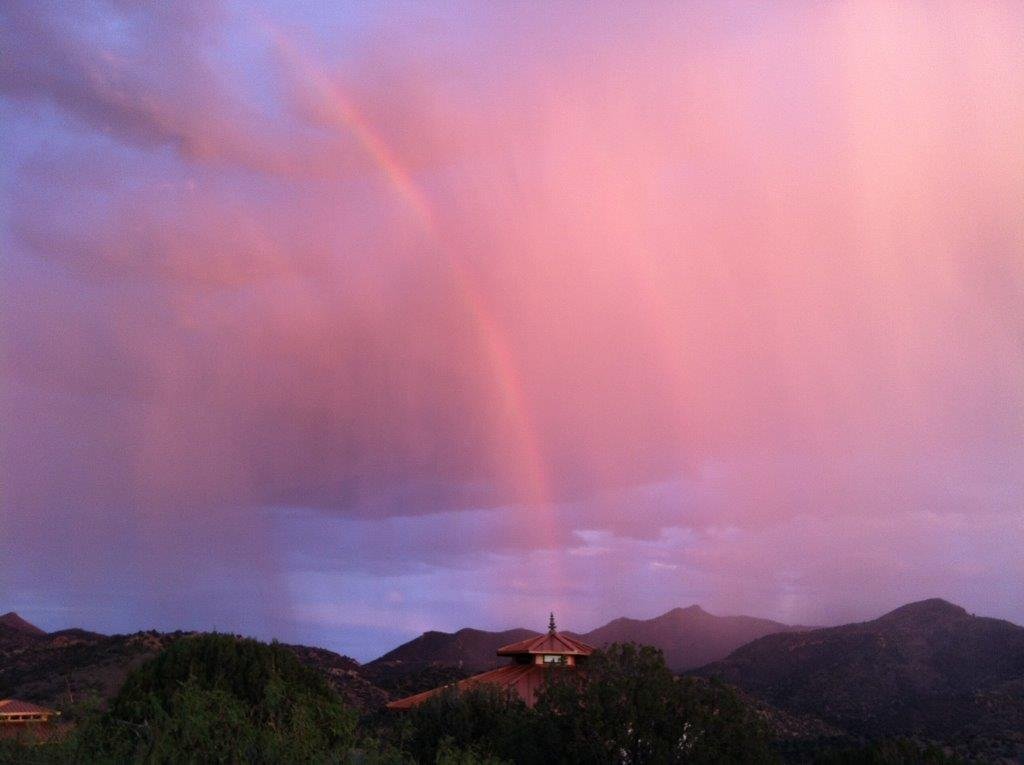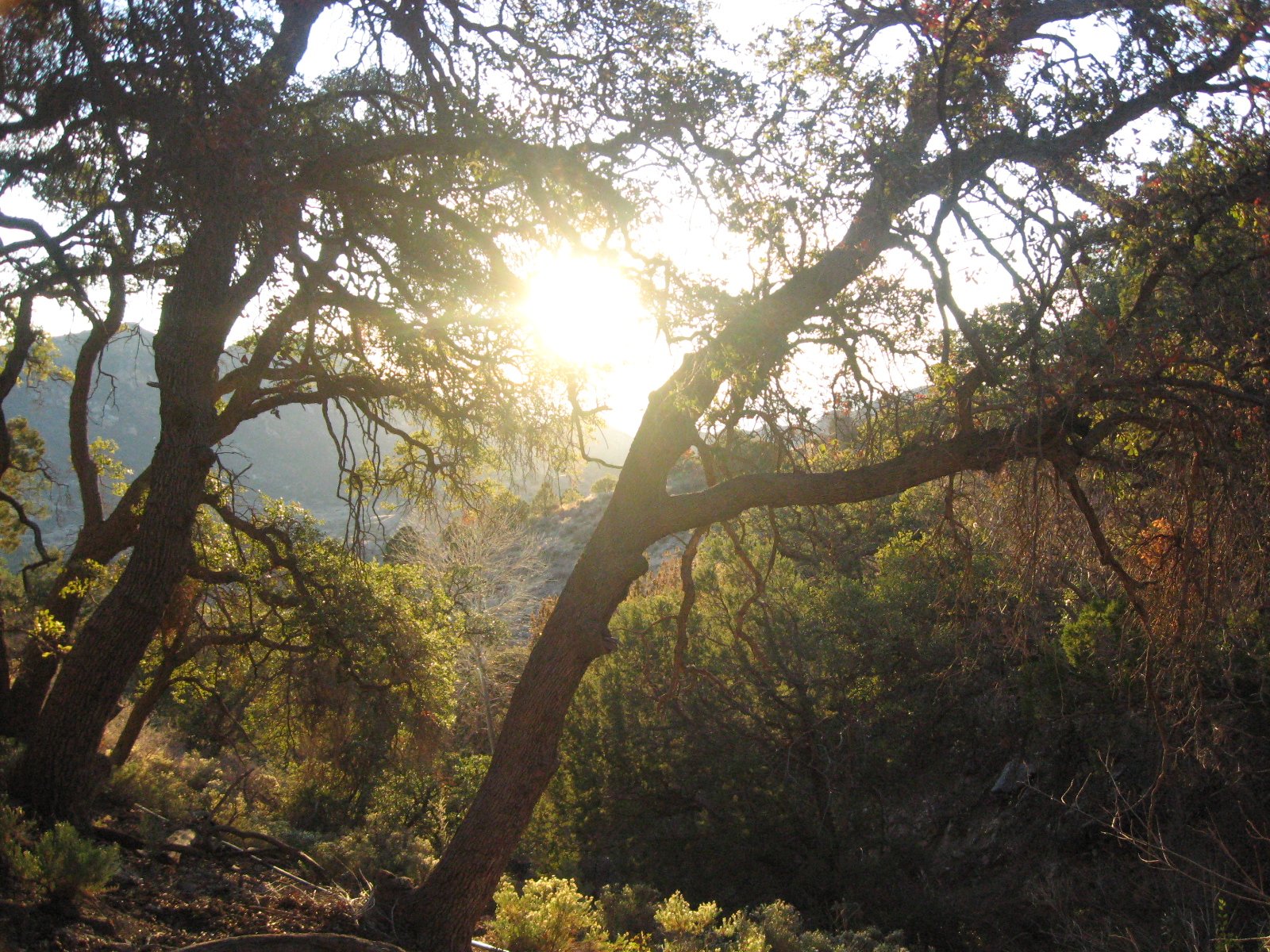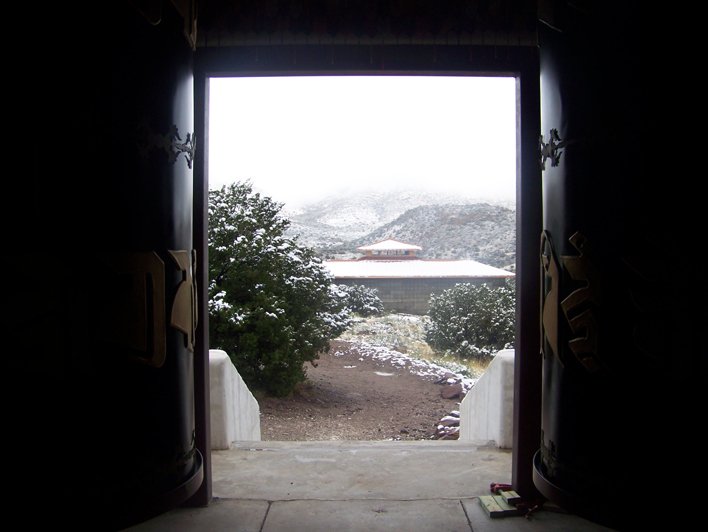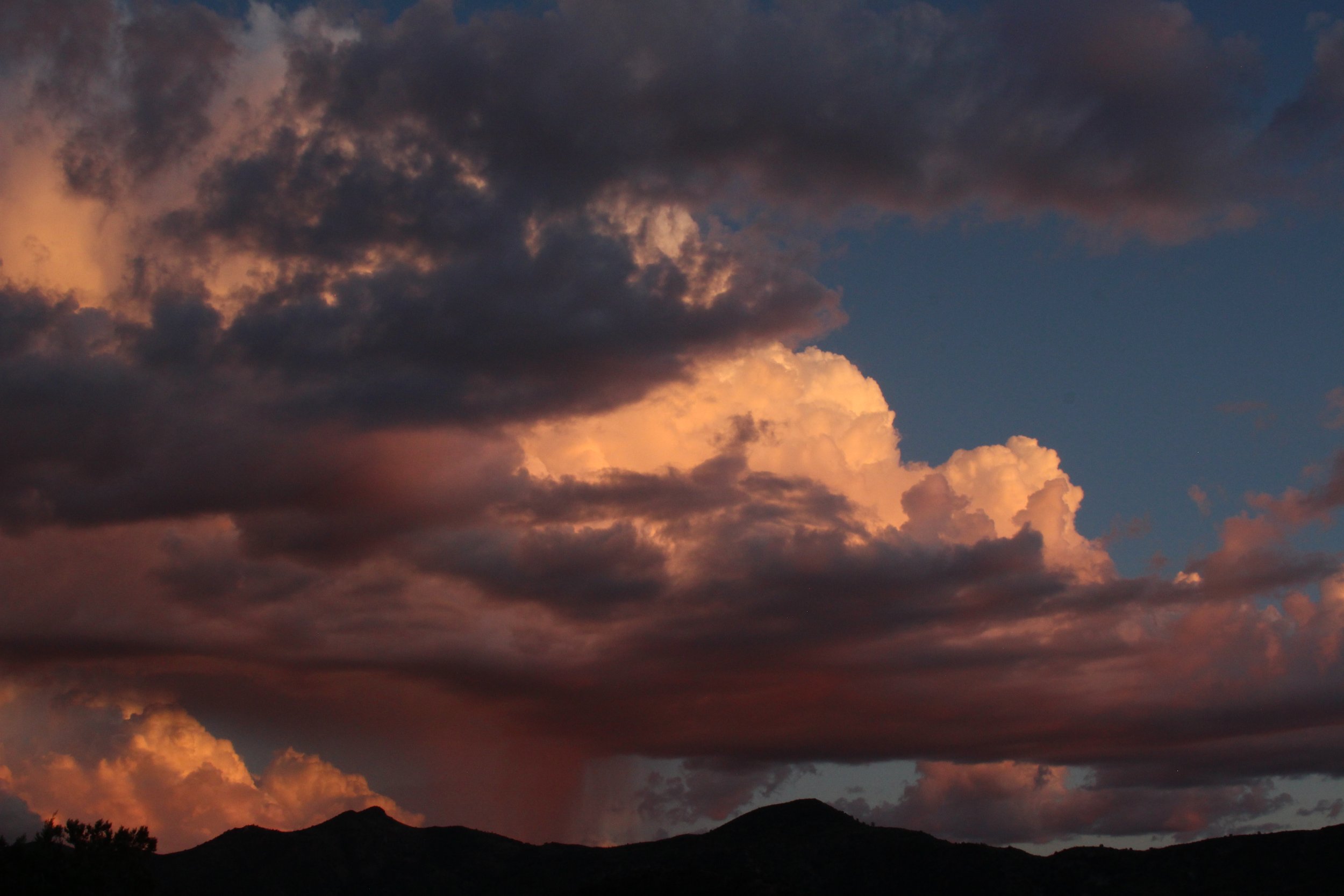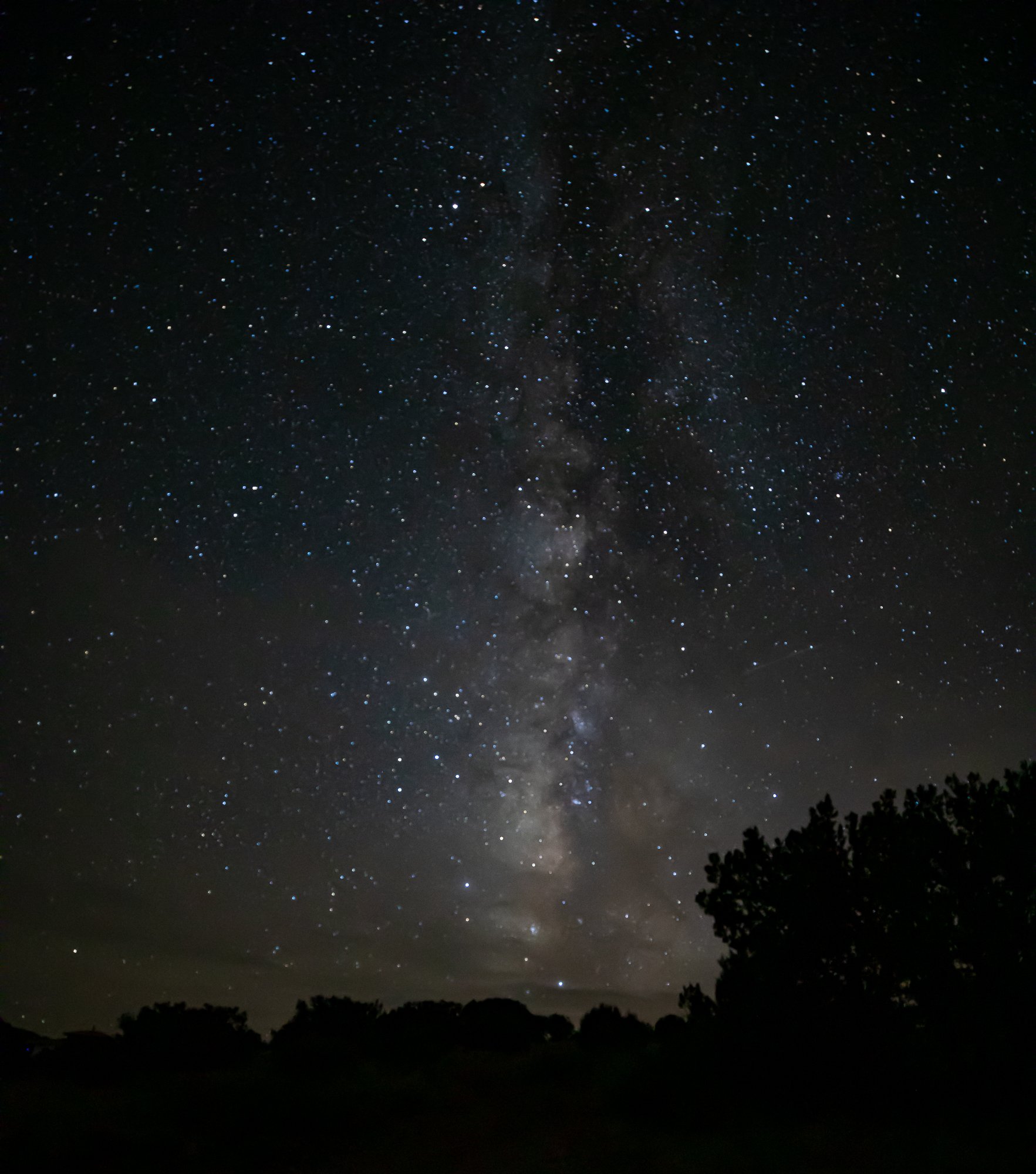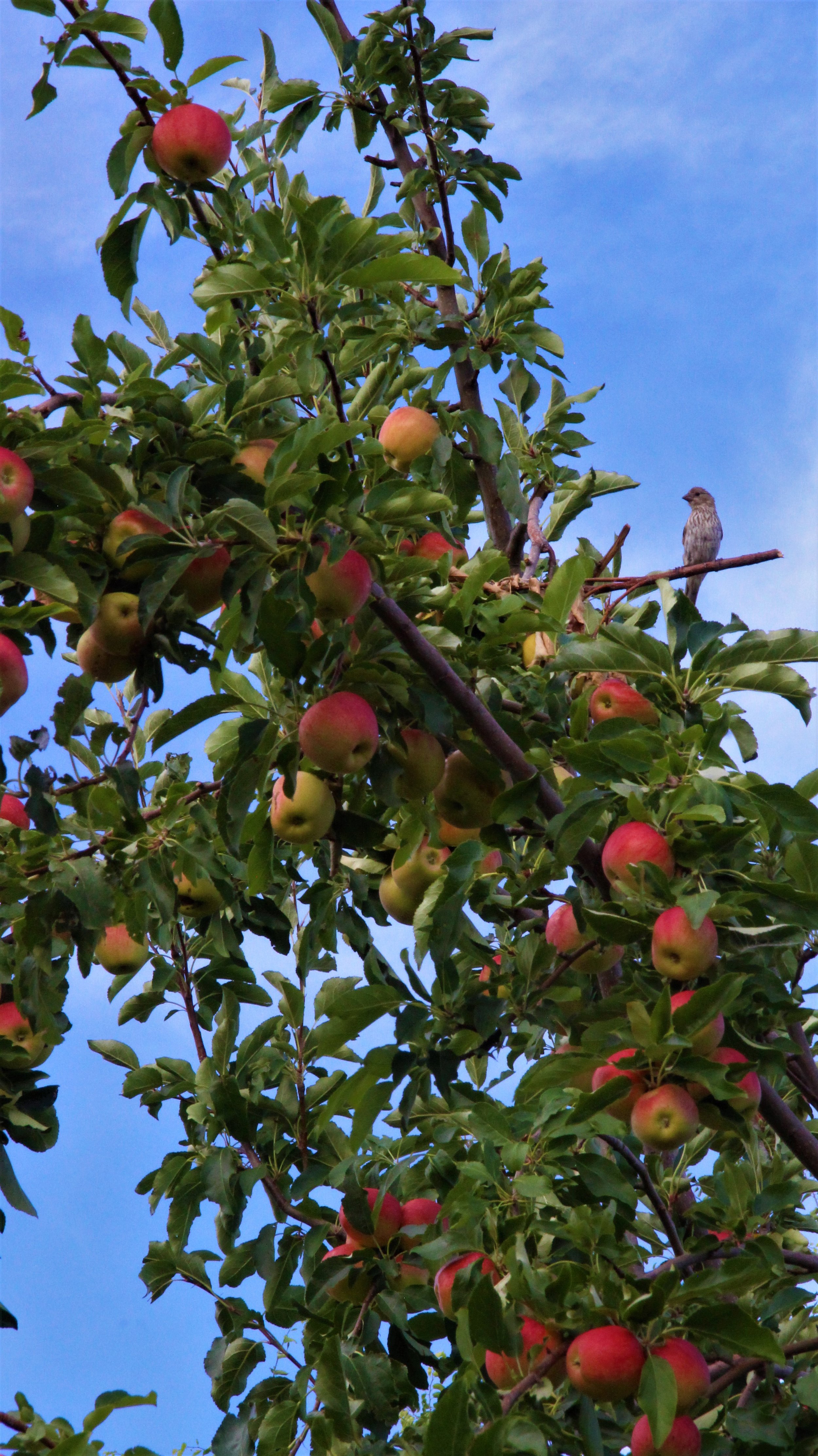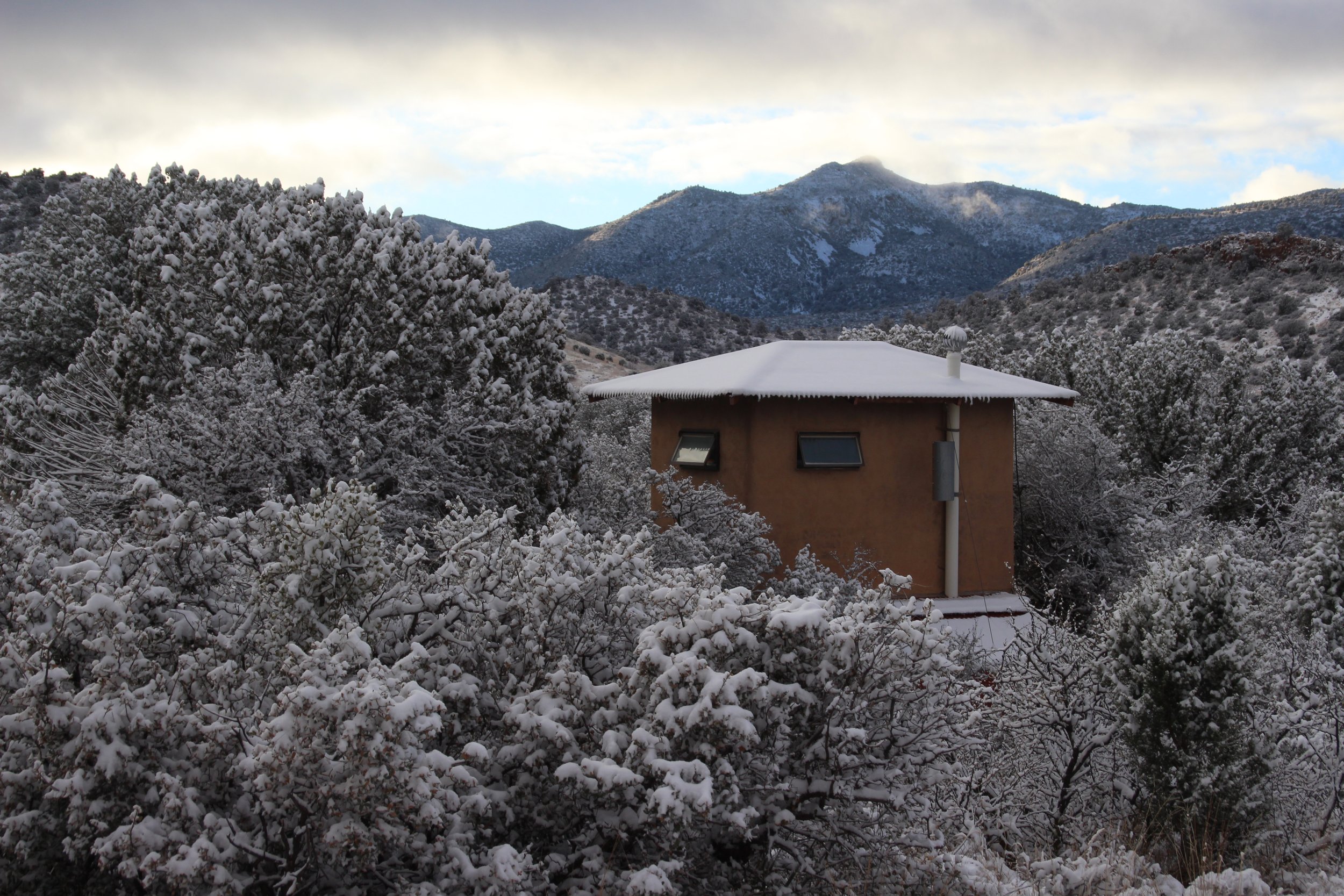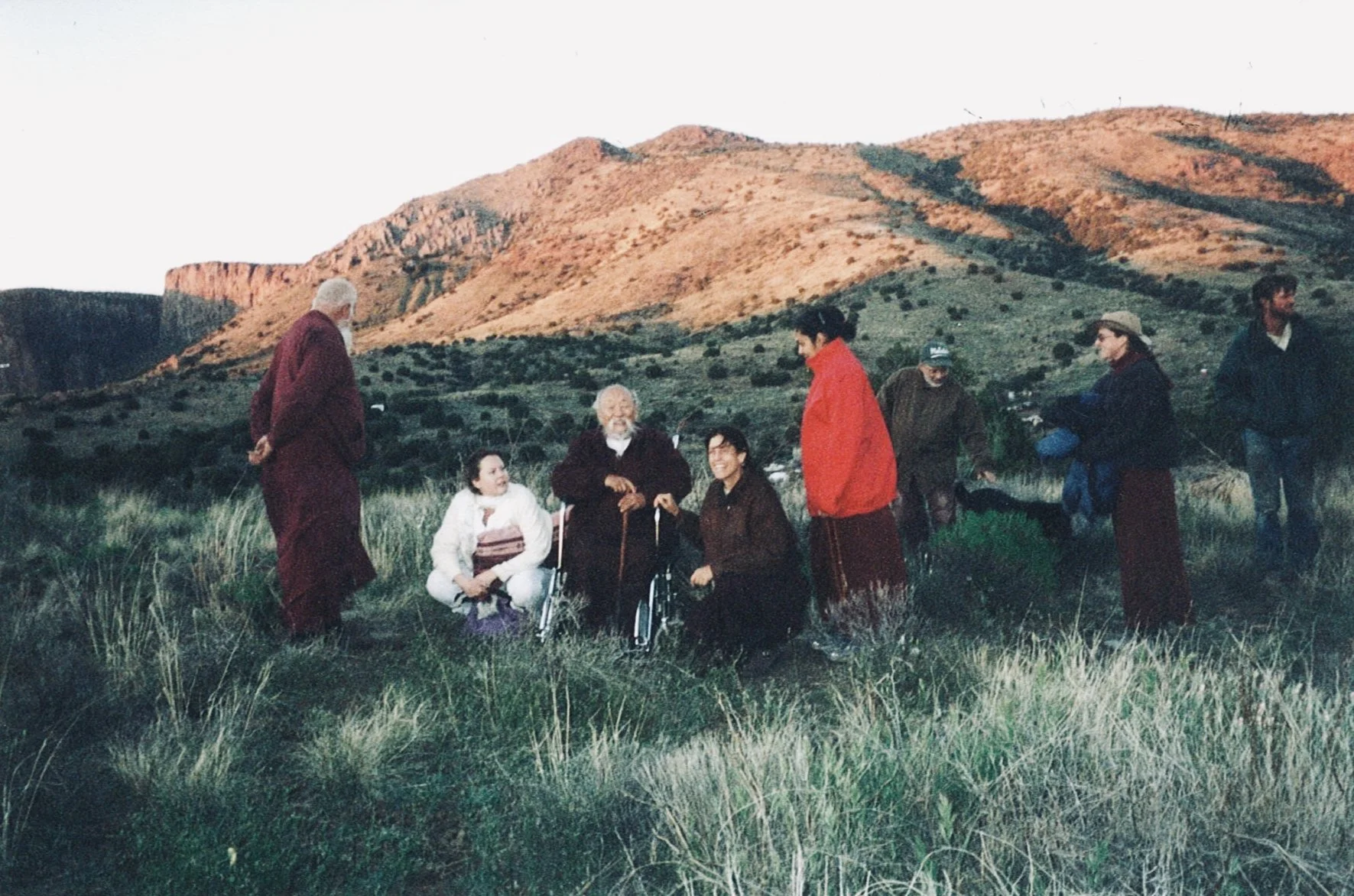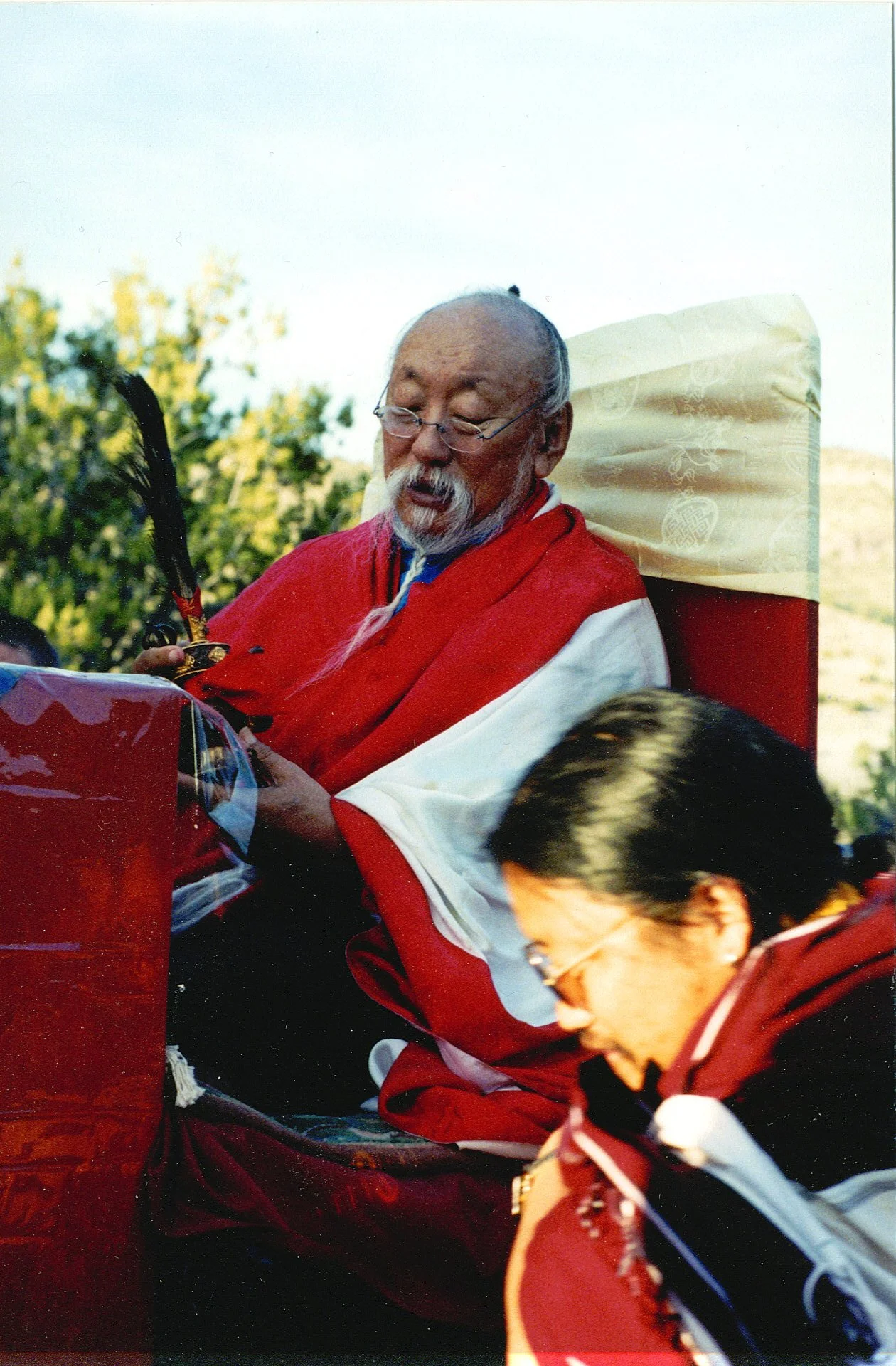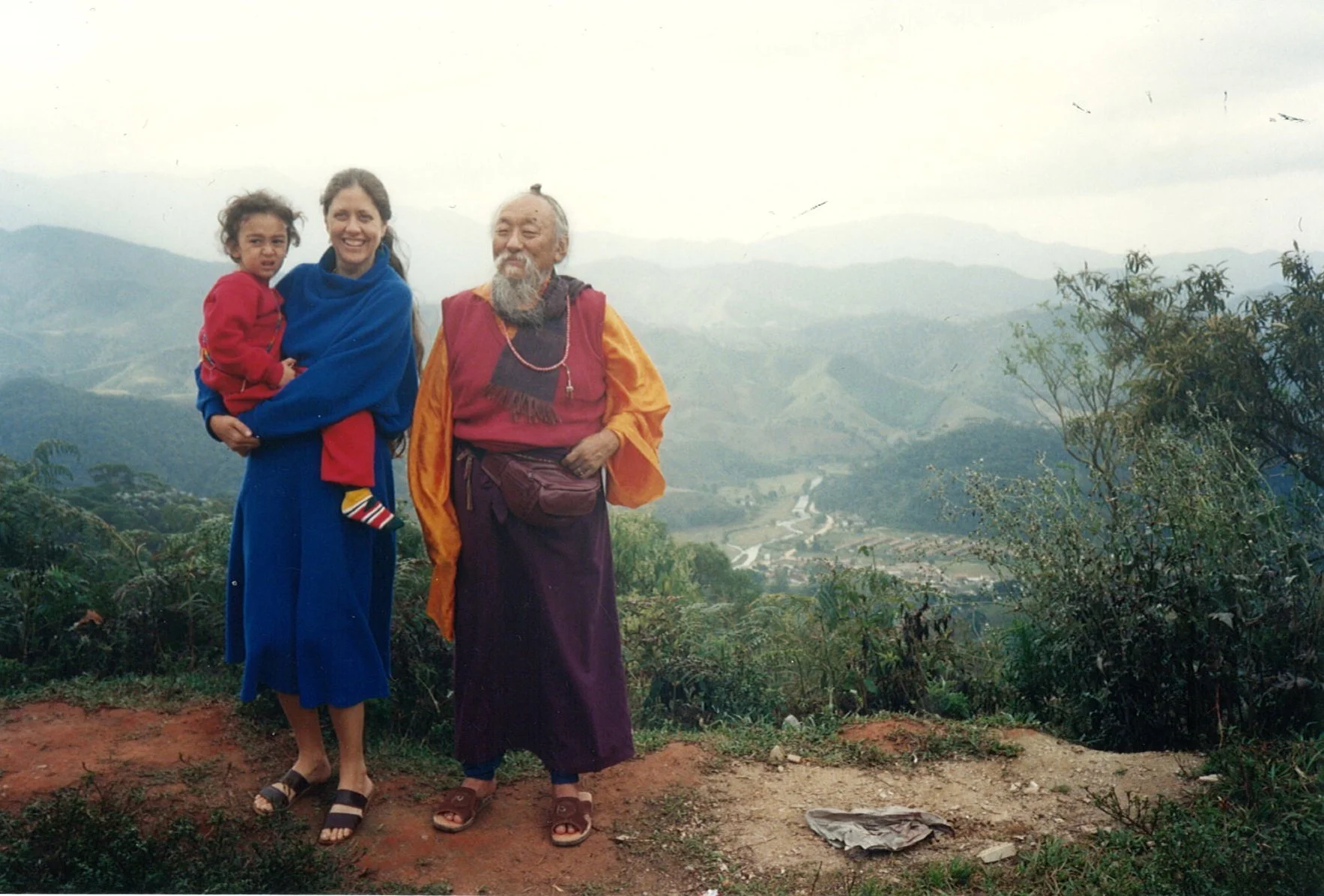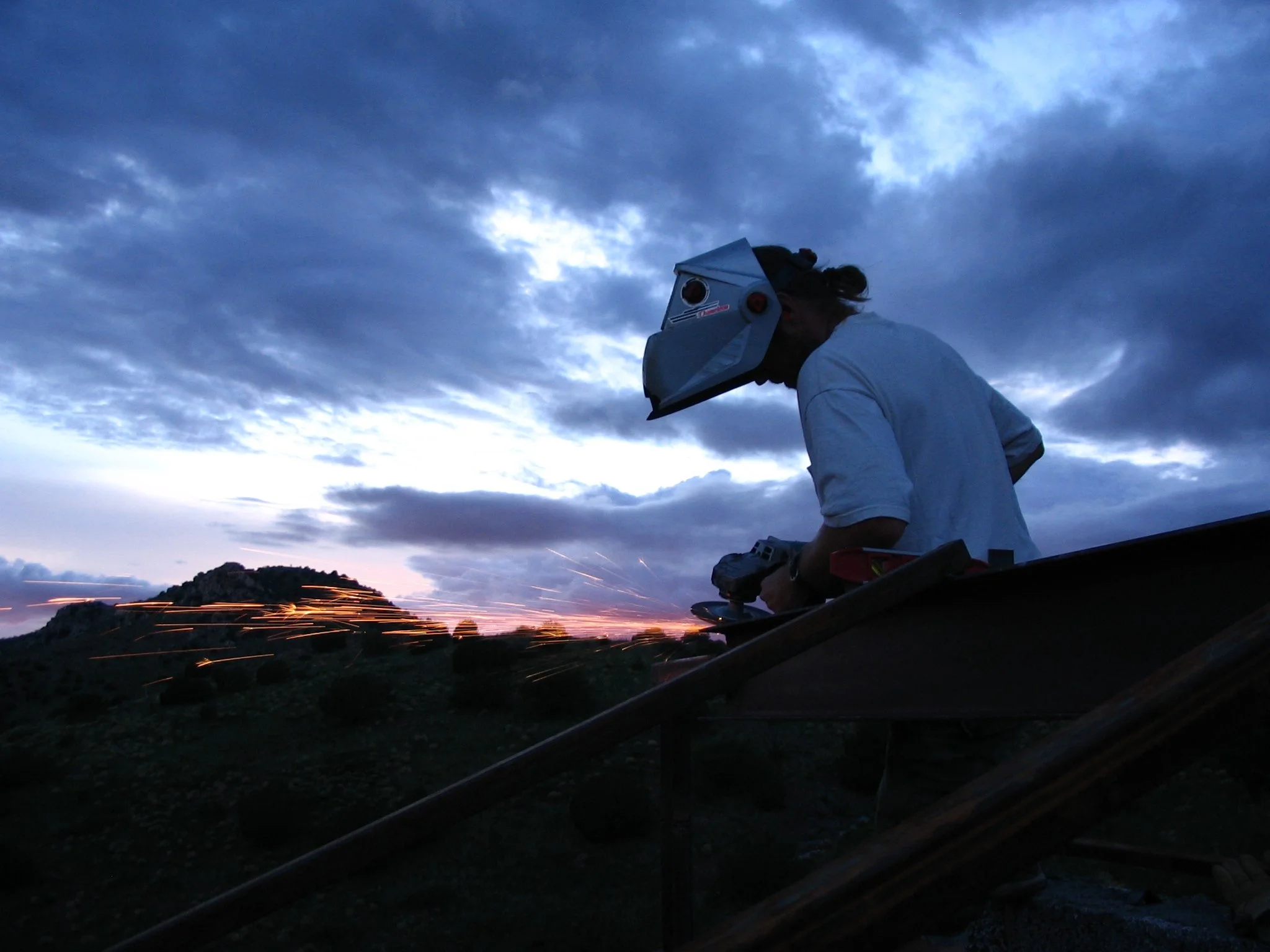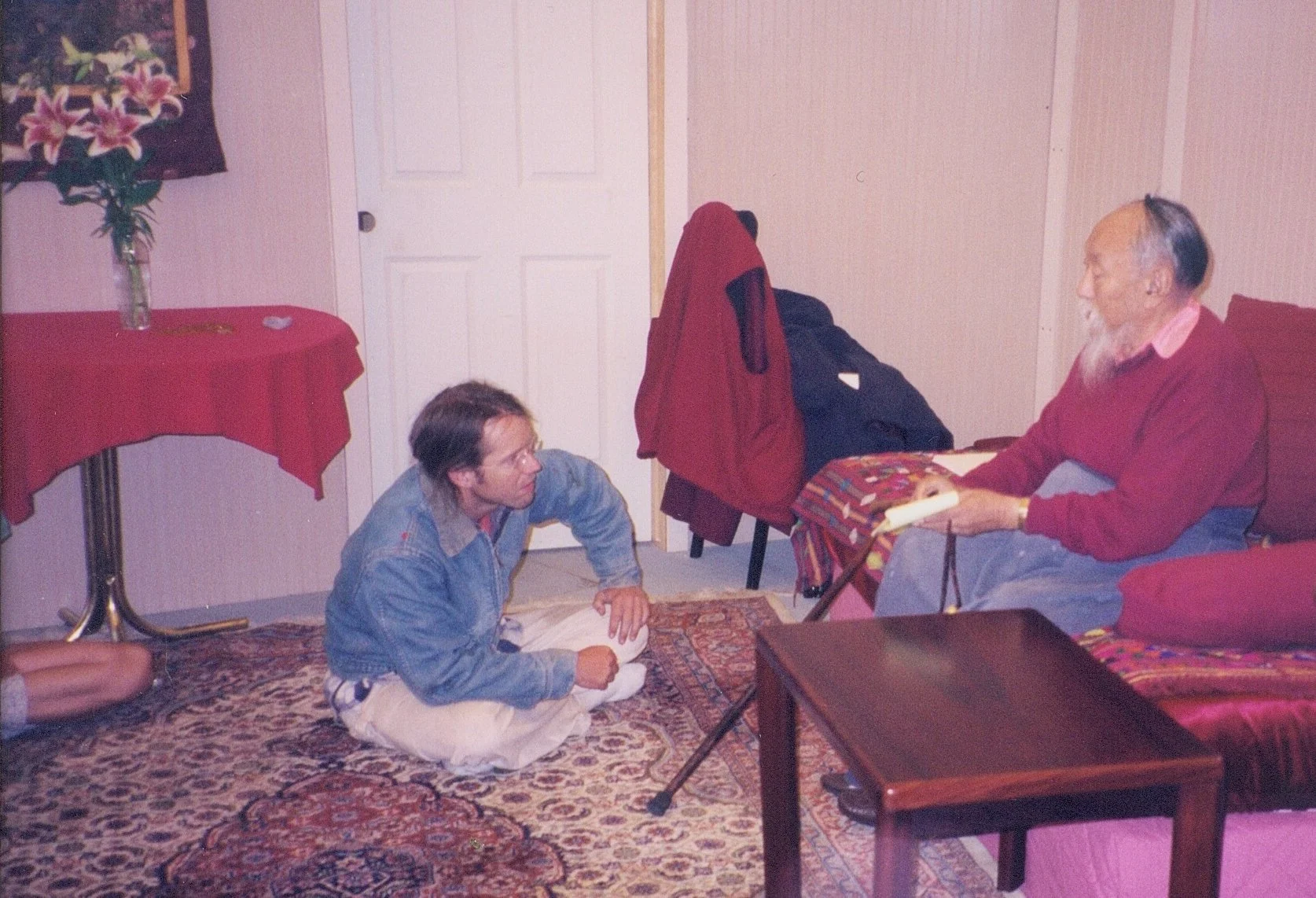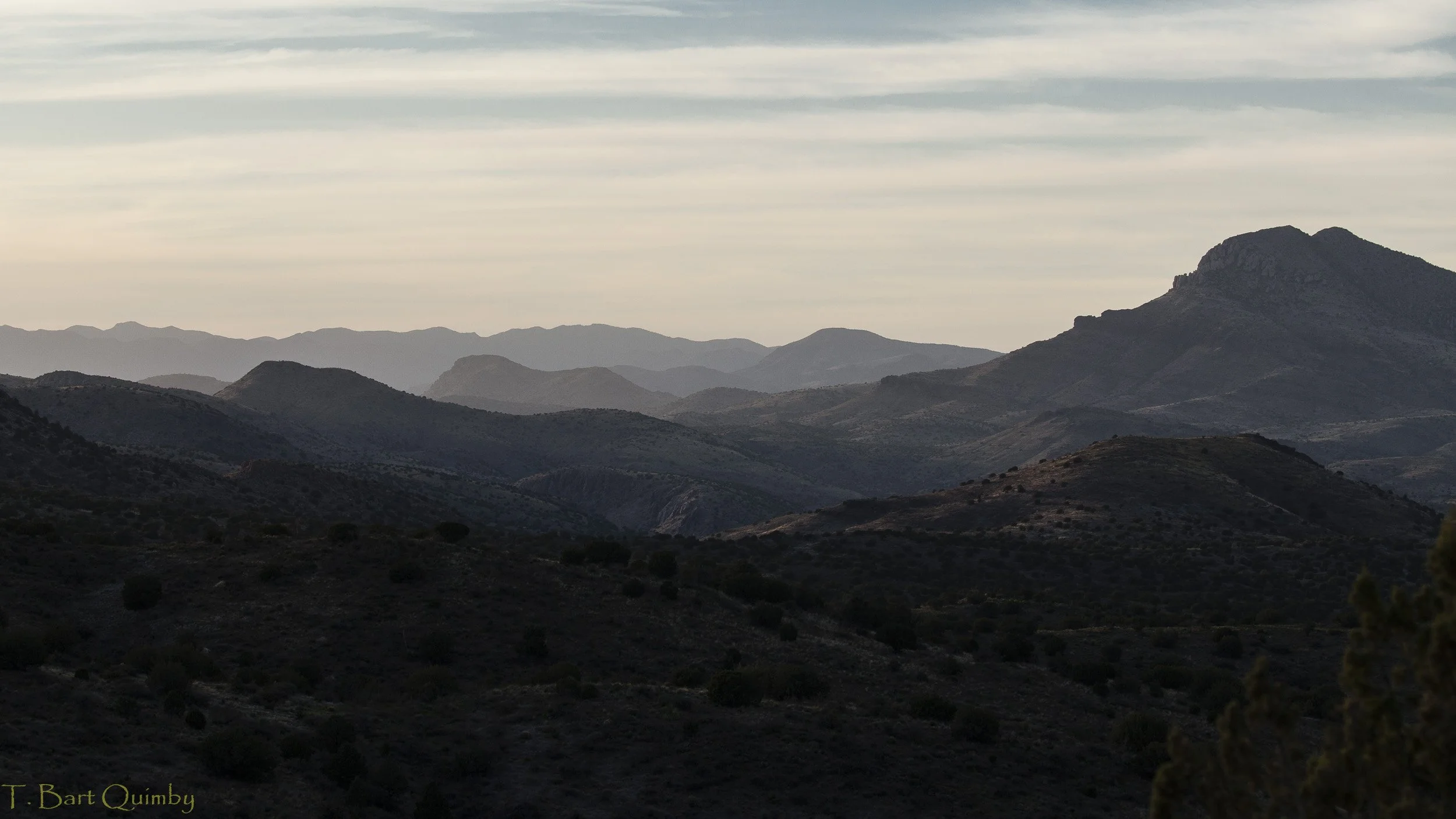Our Purpose
Chagdud Tulku Rinpoche often said that the purpose of genuine spiritual practice is the cultivation of "good heart." He used this simple term to describe the breadth of the compassionate wisdom mind we are all born with and never depart from. This compassionate mind is gradually revealed as we remove the layers of clouded perception and habit that often define our view of ourselves and our world. Through uncovering our inherent good heart we come to be of greater benefit to ourselves and others.
In this regard Iron Knot Ranch is a response to the confusion and suffering in our world—a refuge and training ground for those who wish to make a difference. To this end we offer a variety of learning and practice opportunities for residents and visitors alike, including the Bodhisattva Peace Training, developed by Chagdud Tulku Rinpoche to teach potent methods for the cultivation of good heart and sustaining compassion in the face of adversity.
H.E. Chagdud Tulku Rinpoche (1930-2002), spiritual founder of Iron Knot Ranch, said that when he was a small child growing up in eastern Tibet, his kind teachers impressed upon him that the essential point of life is to develop the positive qualities inherent in the mind and to use them to help others. Recognized at an early age as the incarnation of the abbot of Chagdud Gonpa monastery in eastern Tibet, Rinpoche studied with some of the greatest lamas of the twentieth century. He undertook extensive scholastic and meditative training, including two traditional three-year retreats. In 1959, during a period of violent upheaval, he and 100,000 of his countrymen fled Tibet. For the next twenty years, he helped develop several Tibetan refugee communities in India and Nepal, serving the residents as lama and physician. In 1979 he came to the United States, where he established Chagdud Gonpa Foundation, named after his monastery in eastern Tibet. Over the years, he created many centers for the study and practice of Vajrayana Buddhism throughout North and South America, Europe and Australia. In 1996 Rinpoche moved to Brazil, where the vast range of his activity continued to grow. He taught tirelessly through the very evening of his passing in November 2002.
CHAGDUD TULKU RINPOCHE
LAMA SHENPEN DROLMA
In 1996 he ordained his American student Lama Shenpen Drolma who is the resident lama at Iron Knot Ranch. She has established the Bodhisattva Peace Institute to bring to fruition Chagdud Rinpoche's vision of making the Bodhisattva Peace Training available throughout the world.
Lama Shenpen met Rinpoche in the course of her search for spiritual tools to help overcome limitations of her heart and mind that she experienced as she attempted to respond to suffering in the world around her, specifically in her work with battered women. She was surprised and profoundly grateful to find in Rinpoche's transmission of the 2500-year-old Buddhist tradition the very practical, accessible wisdom she had been looking for, as well as methods for navigating modern American life. She spoke with Rinpoche about the great need for such tools among people trying to address suffering in their homes, workplaces and communities. Rinpoche responded by creating an innovative format for presenting the essential methods of Mahayana Buddhism, offered in such a way that anyone of any faith, political or philosophical persuasion could use them. And so the Bodhisattva Peace Training was born.
Drawing on her feminist and battered women's activism in the 1960s and '70s, Lama Shenpen offers the Bodhisattva Peace Training to students, educators, community activists and those in the helping professions.
Michael Bradfute
A self described ”lucky dog”, Michael Bradfute met Chagdud Rinpoche in a dark alley in Kathmandu some thirty years ago. Since that encounter he has endeavored to put the dharma into practice both formally and informally. Sharing Lama Shenpen’s vision of a mountain hermitage for study and practice, he helped establish Iron Knot Ranch in 1999 and has lived there ever since. Authorized to teach the Bodhisattva Peace Training in 2008, Michael considers storytelling a gateway to the heart of the matter. “If I share a few crumbs of the dharma and stories of my own missteps along the way, maybe it will benefit others like me.”
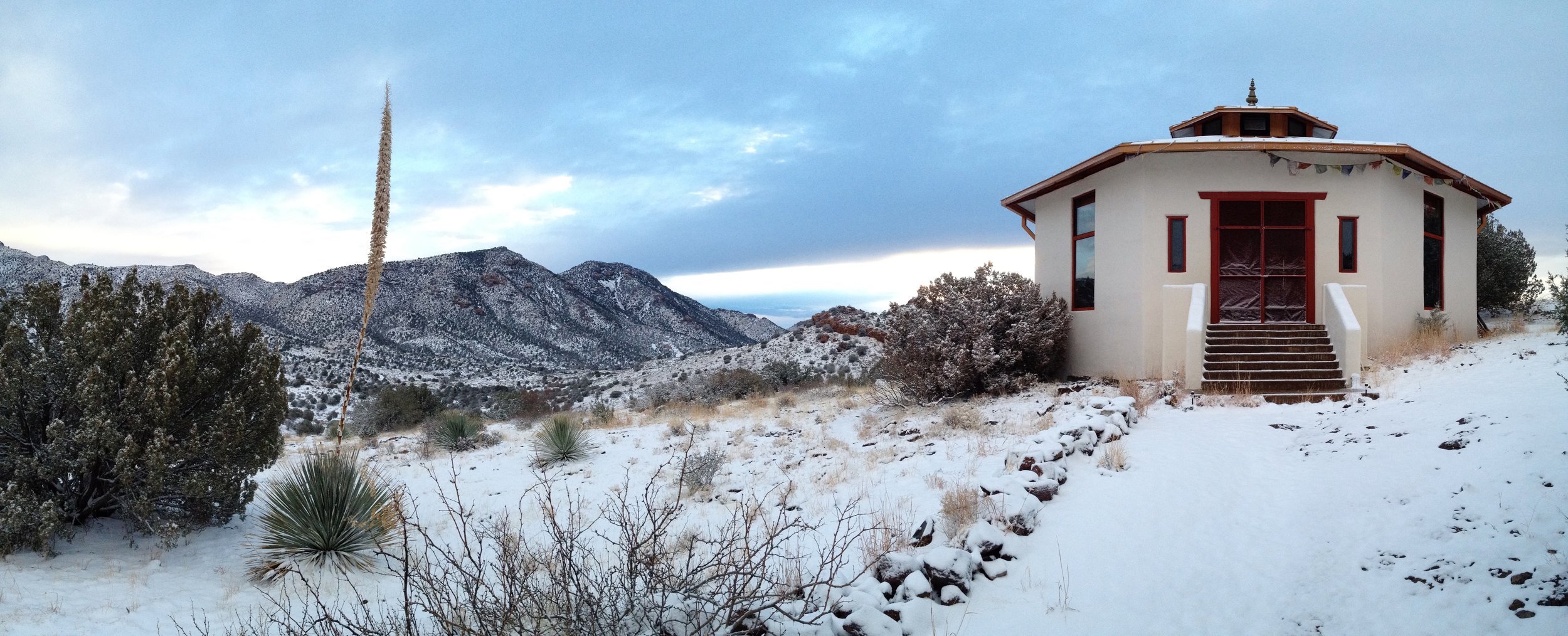
THE LAND
SUSTAINABLE & REMOTE
Iron Knot Ranch was founded in 1999 and comprises roughly 3400 acres of mountainous, high desert terrain.
Remote by any standard, we are completely self-powered and off the grid.
Solar power provides electricity for our facilities, WiFi communications and water distribution systems.
In addition to the shrine room (Lha Khang in Tibetan) and BPI headquarters, there are ten casitas, several trailers, and men's and women's dorms available for retreatants and visitors.
A communal kitchen is provisioned, in season, by our organic vegetable and fruit gardens.
We do our best to keep our unpaved rural roads passable through all seasons.
